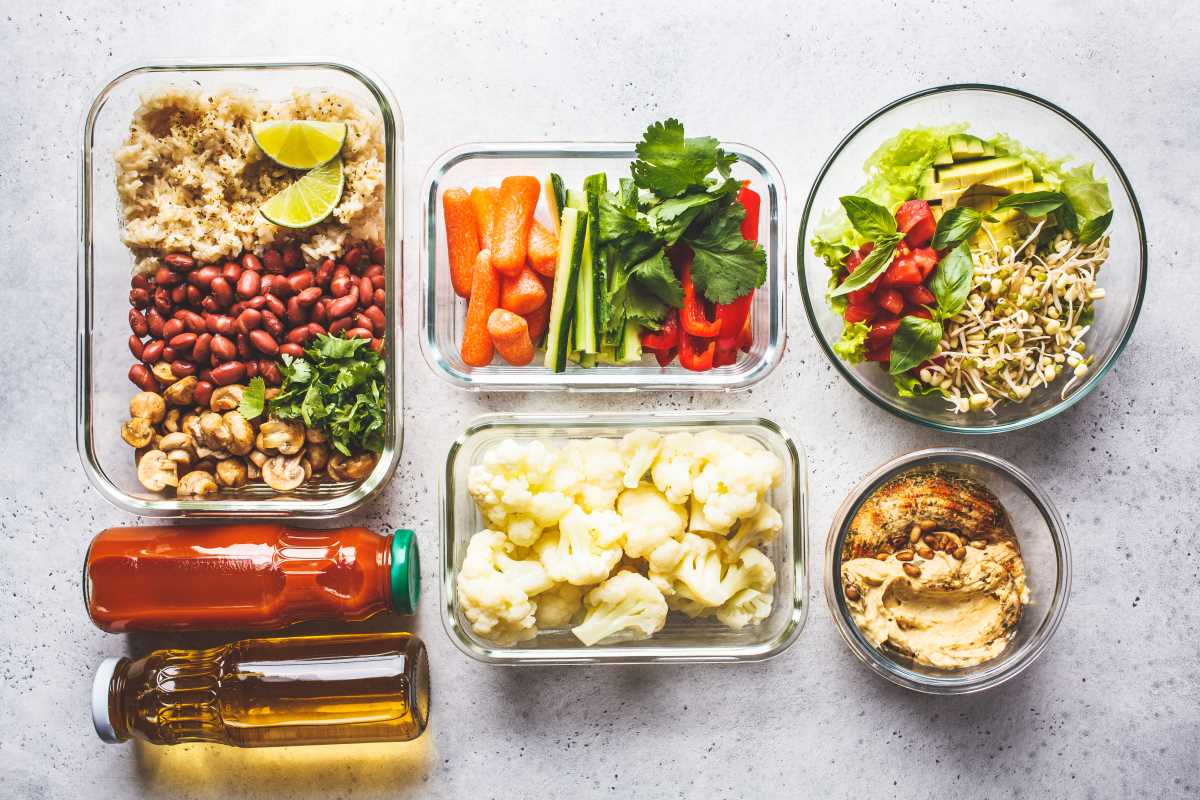Many people notice the first signs of a sore throat or the onset of a cold and start searching for gentle ways to support their immune system. For centuries, herbs have played a valuable role in promoting resilience and helping the body stay balanced during times of seasonal change. This guide highlights five remarkable plants that you can easily incorporate into your daily habits. You will also find helpful advice on when to use them, how to ensure their safe use, and straightforward methods for preparing these herbs at home. By turning to these natural options, you can take simple steps to support your well-being throughout the year.
Think of this as a friendly roadmap—no need for a lab coat or a chemistry class. By the end, you’ll understand why these herbs matter, how much to use, and creative ways to enjoy their benefits throughout the year.
How Herbal Remedies Help Maintain Immune Strength
Herbal allies act in various ways. Some herbs boost the production of white blood cells, while others calm mild inflammation that can slow immune cells down. Combining a few key plants creates a balanced support system instead of a sudden spike of activity.
- Stimulating Cellular Defense: Certain compounds in herbs signal immune cells to multiply and patrol the body more actively.
- Antioxidant Support: Free radicals can tax your defenses. Herbs rich in antioxidants help neutralize these byproducts, keeping cells healthy.
- Mild Anti-Inflammatory Action: Calming inflammation allows your immunity to work smoothly without shutting it down.
- Adaptogenic Balance: Adaptogens help your body cope with stress, which can drag your immune system into the mud.
Combining these benefits supports a resilient system ready for seasonal challenges.
The Top 5 Herbs to Know
Echinacea
- Benefits: Helps shorten mild colds, stimulates white blood cell activity.
- Dosage: 300–400 mg standardized extract, 2–3 times daily, up to 2 weeks.
- Tip: Works best when taken at the first sign of illness.
Astragalus
- Benefits: Boosts immune cell production and supports steady energy, especially in cooler months.
- Dosage: 500 mg tincture or 1,000 mg powdered root daily.
- Tip: Great for prevention, less for acute cold treatment.
Ginger
- Benefits: Natural anti-inflammatory, warms the body, and eases respiratory passages.
- Dosage: 1–2 g fresh root daily (tea or capsules).
- Tip: Combine with lemon and honey in tea for extra soothing effect.
Elderberry
- Benefits: Rich in flavonoids, offers antiviral support, eases upper-respiratory discomfort.
- Dosage: 1 tbsp syrup or 300 mg capsules twice daily at cold onset.
- Tip: Best taken early in illness for maximum benefit.
Holy Basil (Tulsi)
- Benefits: Adaptogen that supports stress resilience and mild inflammation.
- Dosage: 500 mg capsule or 1 tsp dried leaves in hot water, twice daily.
- Tip: Use as a calming evening tea to wind down naturally.
When you read about these herbs, consider exploring how they can fit into your routines. Rotate these herbs every few weeks to prevent your body from getting used to a single plant. You will notice a more responsive immune system during seasonal shifts.
Safe Use and Precautions
Herbs can work wonders, but treat them with respect. Never assume “natural” means “risk-free.” Follow these simple guidelines:
- Always check with a healthcare provider if you take medications or manage a chronic condition.
- Avoid exceeding recommended doses; more isn’t always better and can cause upset stomachs or interactions.
- Stop using herbs if you notice unusual symptoms like rashes, digestive upset, or changes in sleep patterns.
- Be cautious when combining multiple immune-stimulating herbs without guidance; you might cause overstimulation or conflicting effects.
- Choose high-quality sources: organic, standardized extracts, or reputable local suppliers.
Keeping these points in mind makes any herbal plan more dependable and safe.
Seasonal Tips for Year-Round Benefits
Different times of the year bring unique challenges: dry air in winter, pollen in spring, heat in summer, dampness in fall. Here’s how to stay prepared all year:
- Winter: Focus on warming, immune-boosting roots like *astragalus* and *ginger*. Sip a warm broth infused with chopped ginger daily.
- Spring: Use adaptogens like *holy basil* to manage allergy-related stress and mild inflammation. Add fresh basil leaves to salads or smoothies.
- Summer: Choose cooling, antioxidant-rich herbs such as *elderberry* in a chilled syrup or mocktail for quick support.
- Fall: Start taking *echinacea* early in the season. Keep capsules on hand at work or school for busy weeks.
With this seasonal rotation, you maintain a good balance of warmth, cooling action, and adaptogenic support whenever you need it most.
Incorporating Herbs into Daily Routines
Making herbs part of everyday life doesn’t require strict rules or special tools. A few small shifts can create lasting benefits:
Tea Ritual
Steep ginger and holy basil leaves in hot water for 5–10 minutes. Add honey and lemon to taste. Enjoy mid-morning or early afternoon for a gentle immune lift and stress relief.
Tincture Use
Keep echinacea or astragalus tincture within reach. Place 1 ml under your tongue or mix it into a small glass of water. This quick step fits easily before heading out or during desk breaks.
Culinary Additions
Stir powdered ginger into soups, stir-fries, or oatmeal. Sprinkle dried elderberry powder on yogurt or smoothies for a flavorful antioxidant boost.
Blended Drinks
Blend fresh ginger root, lemon juice, a dash of turmeric, and maple syrup with warm water. Store in a jar and sip as needed through the day.
These simple practices weave herbs into meals, snacks, and breaks with little effort. Start with one plant at a time, pay attention to how your body responds, and build a routine that works for you.







